19 April, 2025
Why Should an IT Company Hire a Software Quality Assurance Engineer or Software Tester?
In today’s hyper-competitive digital landscape, businesses race to deliver
innovative software products at record speed. However, in this sprint for innovation and rapid
delivery, software quality can’t be an afterthought. A single critical bug can cost companies
millions, not to mention brand damage and customer loss. This is where a Software Quality
Assurance (SQA) Engineer or Software Tester becomes not just helpful, but essential.
Hiring a Software QA Engineer is not just a box to tick—it’s a strategic investment that pays
dividends across the entire development lifecycle. Here's why every IT company, whether a
startup or an enterprise, needs to have skilled QA professionals onboard.
1. Prevention Is Better Than Cure
One of the biggest misconceptions is that testing delays development and inflates costs. In reality, detecting and fixing bugs early is exponentially cheaper than patching them post-release. According to IBM’s Systems Sciences Institute, the cost to fix a bug found during the design phase is about 6x less than one found during implementation, and 15x less than one found during the testing phase. That cost skyrockets if the bug reaches production.
An experienced SQA Engineer ensures that quality is embedded throughout the Software Development Life Cycle (SDLC), not just tacked on at the end. They define testing strategies, perform risk assessments, and use automation to ensure defects are caught early—saving time, money, and reputation.
2. Better User Experience = Stronger Brand Loyalty
Software testers do more than just find bugs—they champion the end-user. A smooth, intuitive, and bug-free application boosts customer satisfaction, which in turn enhances brand loyalty and retention.
Let’s face it: users don’t care how beautiful the UI is if clicking a button crashes the app. QA engineers think like users. We analyze usability, stress scenarios, edge cases, and accessibility. We make sure your software doesn’t just “work”—it works well for everyone.
3. Improved Product Quality
Let’s be honest—quality is what differentiates a product that thrives from one that dies. Users today are tech-savvy and have little patience for sub-par performance, security flaws, or UI inconsistencies. A QA engineer ensures that the product meets functional requirements, performance benchmarks, and usability expectations.
They don’t just test if a feature works—they test how well it works, under what conditions it might fail, how intuitive it is for users, and whether it holds up under pressure. This attention to detail results in better, more robust products.
4. Customer Satisfaction and Retention
Happy customers are the backbone of any successful product. Software Testers play a critical role in ensuring that users get a smooth, bug-free experience. By reducing crashes, loading delays, or broken features, QA engineers directly contribute to positive user experiences.
Higher quality software leads to better reviews, increased adoption, lower churn rates, and enhanced customer loyalty—metrics every business cares about.
5. Enhanced Security
In an era of rising cyber threats and data breaches, security is paramount. QA Engineers—especially those with a focus on Security Testing—help uncover vulnerabilities before attackers do. From validating encryption protocols to simulating common attack vectors like SQL injection or XSS, they help ensure compliance with security standards and regulations like GDPR or HIPAA.
One security flaw can lead to lawsuits, penalties, and massive trust erosion. A proactive QA team ensures that software not only works but works securely.
6. Faster Time to Market with Agile & Automation
Contrary to the myth that QA slows down development, QA actually accelerates release cycles—especially in agile environments. By integrating testing into CI/CD pipelines, QA Engineers enable continuous validation of features, ensuring that each code push maintains the integrity of the application.
With modern automation frameworks, Software Testers can execute thousands of test cases in minutes, ensuring rapid feedback without sacrificing quality. This boosts development velocity and reduces time-to-market—an invaluable asset in fast-paced industries.
7. Objective and Independent Validation
Developers are creators. Testers are critics. This separation of roles ensures objective validation. Developers may inadvertently overlook issues due to code familiarity, while QA professionals bring a fresh, unbiased perspective to testing.
This independence leads to better decision-making and ensures that quality is never compromised due to developer assumptions or internal blind spots.
8. Structured Documentation and Reporting
In every project, proper documentation is key to transparency, traceability, and accountability. QA Engineers provide well-organized test cases, detailed bug reports, and comprehensive testing metrics that allow stakeholders to make data-driven decisions.
From creating test plans and test scenarios to maintaining bug tracking systems like Jira or TestRail, SQA professionals bring much-needed structure to the development process. This becomes especially valuable during audits or handovers.
9. Better Team Collaboration and Communication
Modern QA Engineers are not just bug hunters—they’re quality advocates. They work closely with developers, product managers, designers, DevOps, and business analysts to understand requirements, provide test insights, and suggest improvements. Their feedback loops enhance team collaboration, ensure alignment, and promote a culture of continuous improvement.
10. You Build Trust Through Quality
At the heart of it all, building software is about building trust—trust between your business and your clients. Quality Assurance ensures that every release, every update, and every patch adds to that trust instead of eroding it.
When clients know they can rely on your product, they recommend it. They stick with it. They become your advocates
Conclusion
In a world where users are spoiled for choice and attention spans are short, quality is what sets your product apart. And quality doesn't happen by accident—it happens by design, by process, and by people who care. Software Quality Assurance Engineers are those people.
So, if you're an IT company serious about building reliable, secure, and high-performing applications, don't treat QA as a checkbox at the end. Make it a core part of your team from the beginning. Invest in a skilled Software Tester—and watch your product, your team, and your brand thrive.











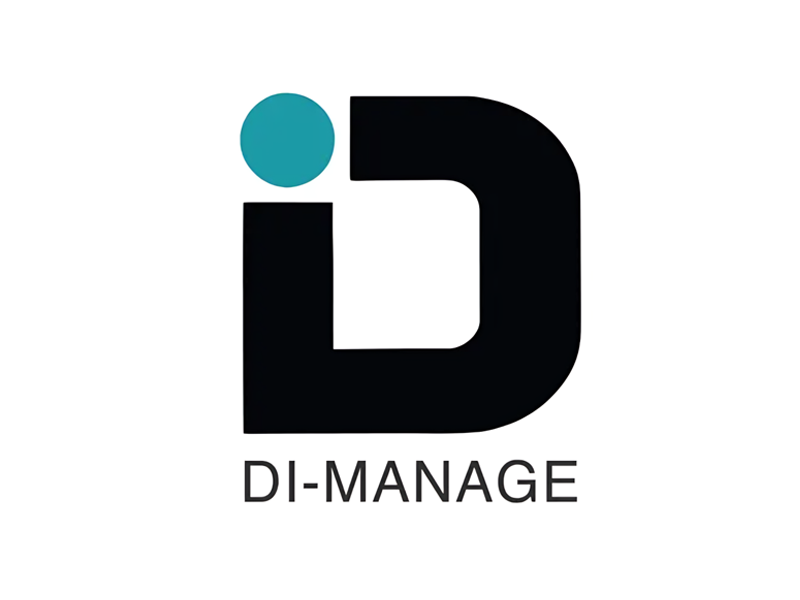




































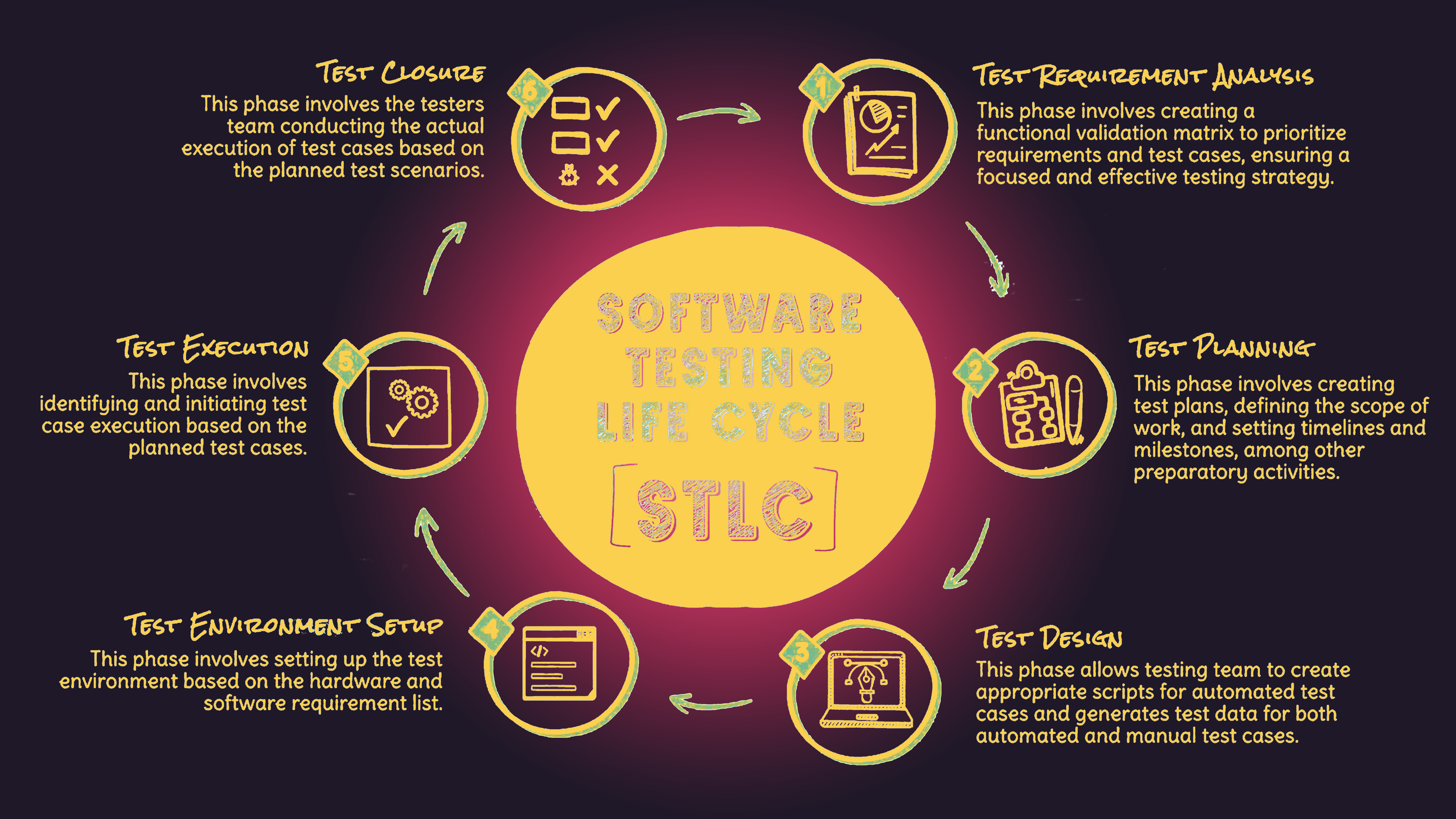
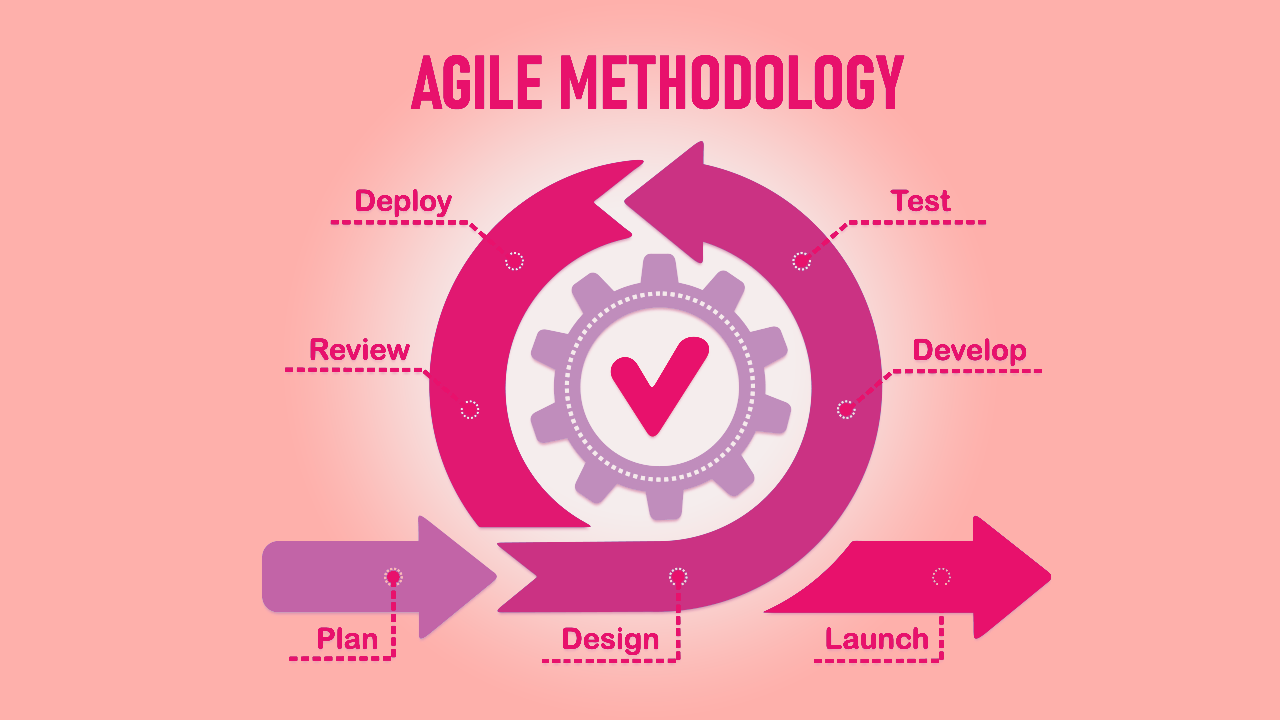
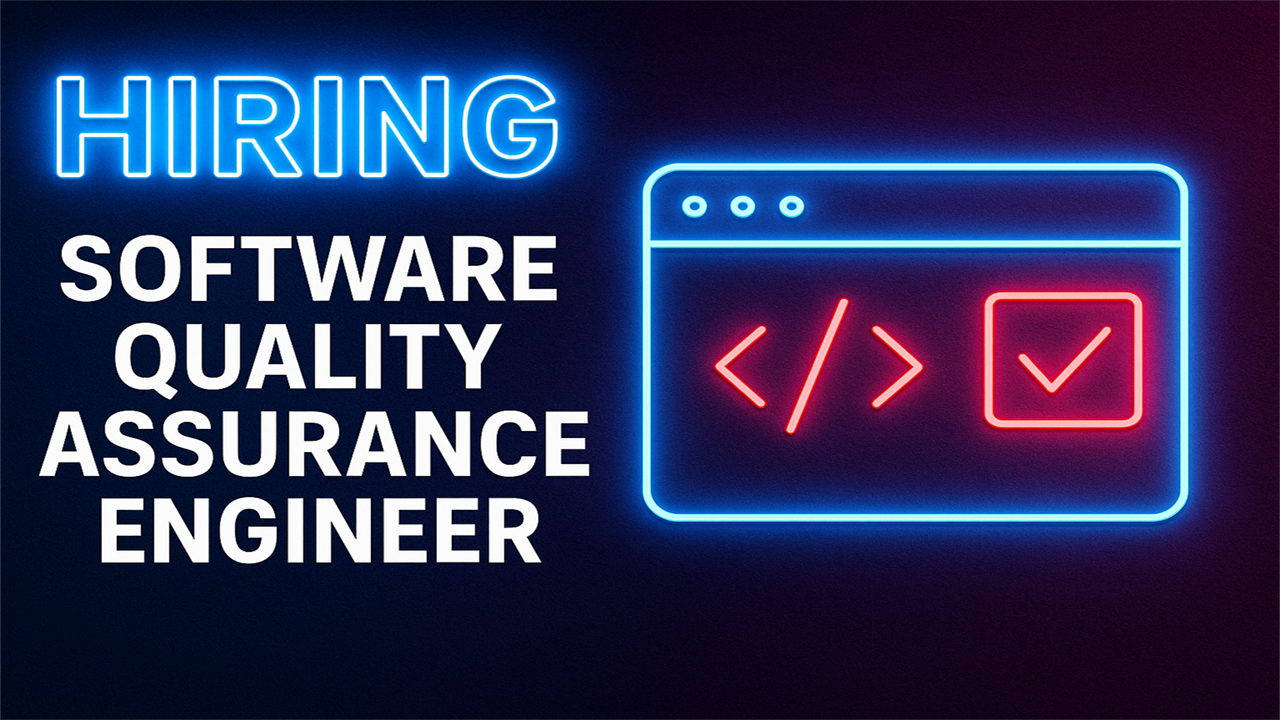










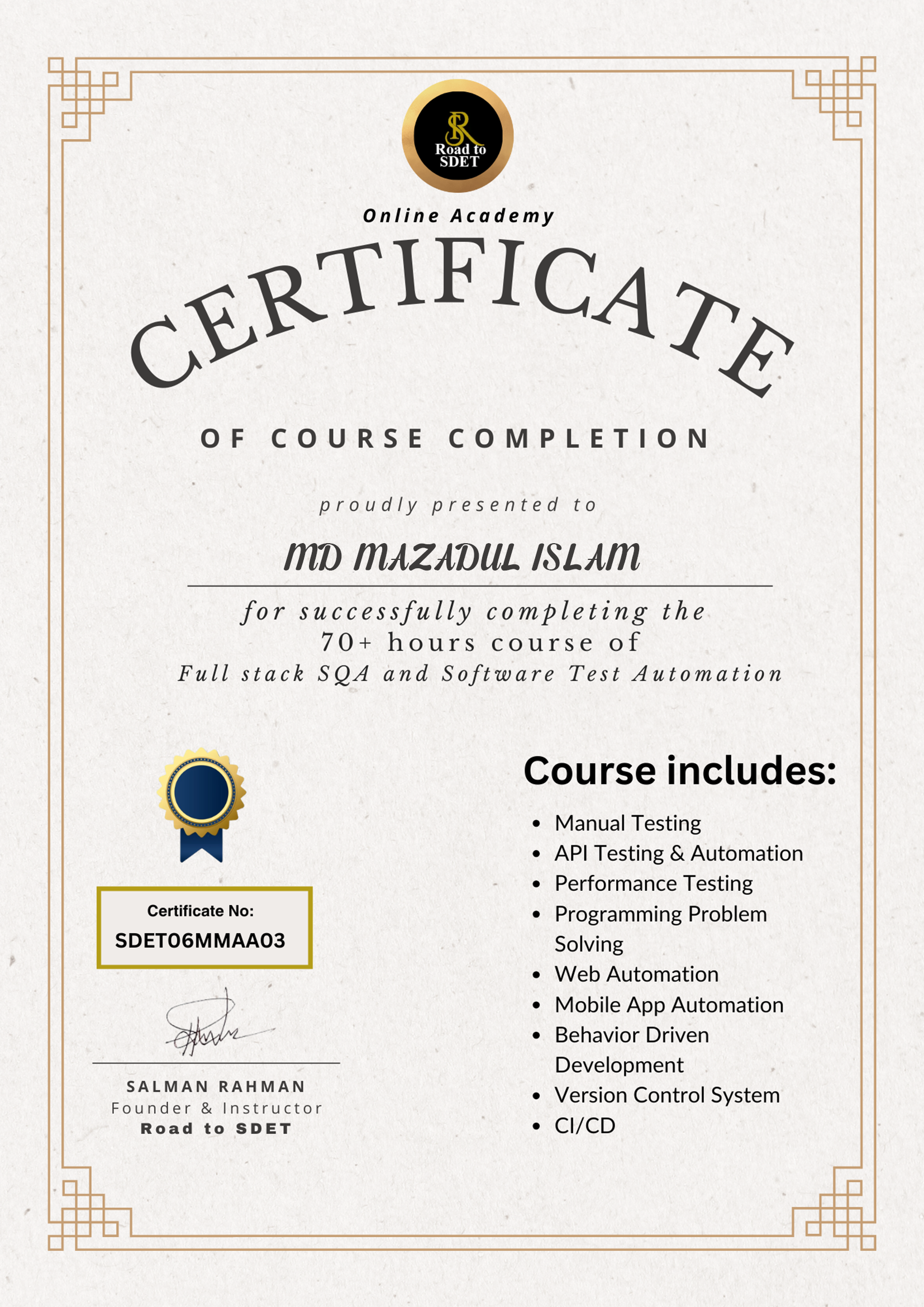


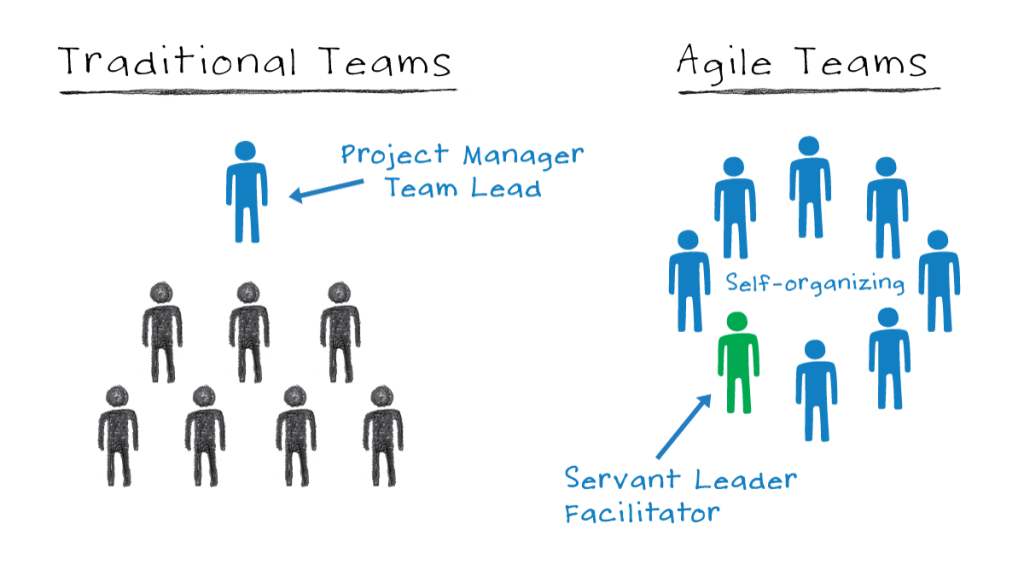


Leave a Reply